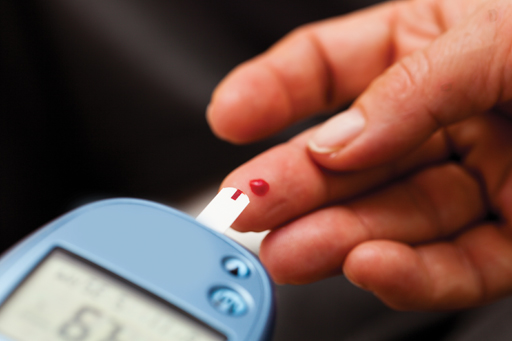News

Pharmacy diabetes screening programmes show promise
In News
Stay up to date with all the news, learning and insight in the world of pharmacy.Bookmark
Record learning outcomes

Community pharmacy diabetes screening programmes achieve detection rates that are comparable to GP practices at a similar cost per test, a study suggests.
The study, which, which was carried out by the University of East Anglia and Boots UK and is published in the academic journal Pharmacy, involved 328 participants who were seen in nine pharmacies in Leicester and Surrey. Data was collected over a six-month period in 2014 to determine how cost-effective the programmes were.
Pharmacy customers completed type 2 diabetes screening forms, with those identified as having a high risk profile offered HbA1c finger prick testing by the pharmacist.
The authors say the cost per test and identification rates were “similar to that reported through medical practices” and that cost-effectiveness was greater in areas where there is a higher suspected prevalence in diabetes and where patients were more likely to follow up on the pharmacists’ advice to see their doctor.
Boots UK chief pharmacist Marc Donovan said: “This research highlights that there is a real opportunity for pharmacies in the UK to offer community-based type 2 diabetes screenings and continue to support the services offered in GP practices.
“Not only does screening support patients by increasing early identification and treatment of type 2 diabetes, it is also known to reduce the incidence of complications, have a positive impact on costs to the NHS and ultimately supports the Government’s public health agenda”.
David Wright, professor of pharmacy practice at the University of East Anglia, said that while the study shows pharmacy screening programmes are “no more costly or less effective” than other programmes, “for such services to be cost-effective however, we also need to intervene in those identified as ‘high risk’ to prevent progression to diabetes”.
“With appropriate funding” pharmacists could improve public health through providing screening services, professor Wright said.
